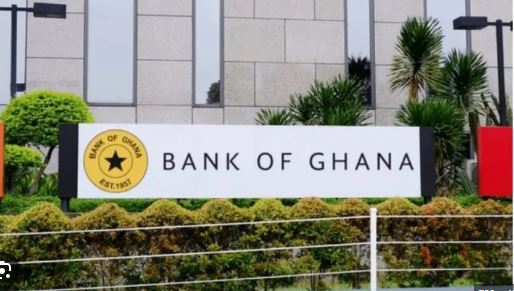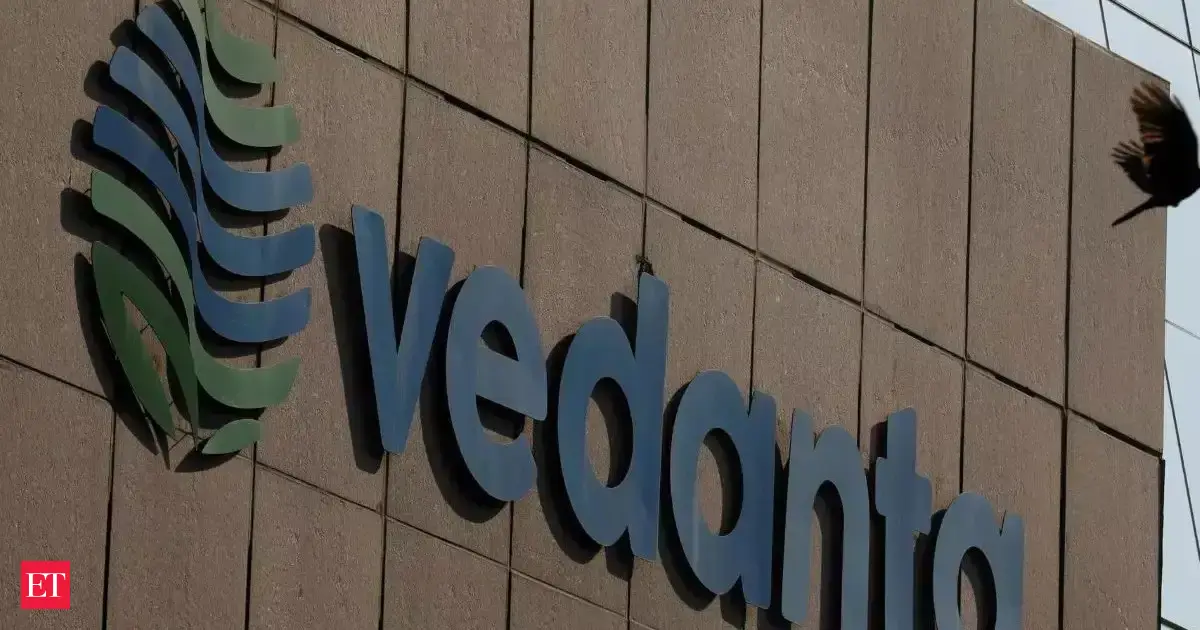By Prince Antwi
Copyright ghanaguardian

The Director of Research at the Bank of Ghana, Dr. Philip Abradu-Otoo, has underscored that the central bank’s decisions on the key policy rate are rooted in the realities of the economy rather than abstract financial models.
Speaking on Joy News’ PM Express Business Edition, he explained that the Monetary Policy Committee (MPC) considers a wide range of factors, including how businesses and households are coping with economic adjustments.
“When we talk about the real sector of the economy, we mean how businesses are faring, how consumers are managing, and whether spending patterns align with expectations from fiscal authorities. The more we spend, the more revenues the government can mobilize for development,” he said.
Dr. Abradu-Otoo noted that the Bank of Ghana uses multiple data sources, including its own assessments and figures from the Ghana Statistical Service, to gauge the “pulse” of the economy. This involves monitoring imports, exports, production, and consumption.
“It’s about what you and I are doing in the economy, what businesses are doing, and the tempo of these activities,” he explained.
Inflation, he stressed, remains a key variable in the analysis. “We look at what is going on with prices and what the forecasts suggest, especially whether inflation is moving closer to our target,” he said.
The central bank also assesses the strength of the financial sector itself, asking whether banks are in a position to support growth through lending and investment.
According to him, the MPC weighs both opportunities and risks before setting the policy rate. “We put all these things together to decide whether we should be confident about the outlook and whether risks are minimal enough to reposition the policy rate for sustainable growth,” he added.
Dr. Abradu-Otoo emphasized that the ultimate goal is to ensure that monetary policy decisions are not just technically sound but also grounded in Ghana’s broader economic and social realities.



